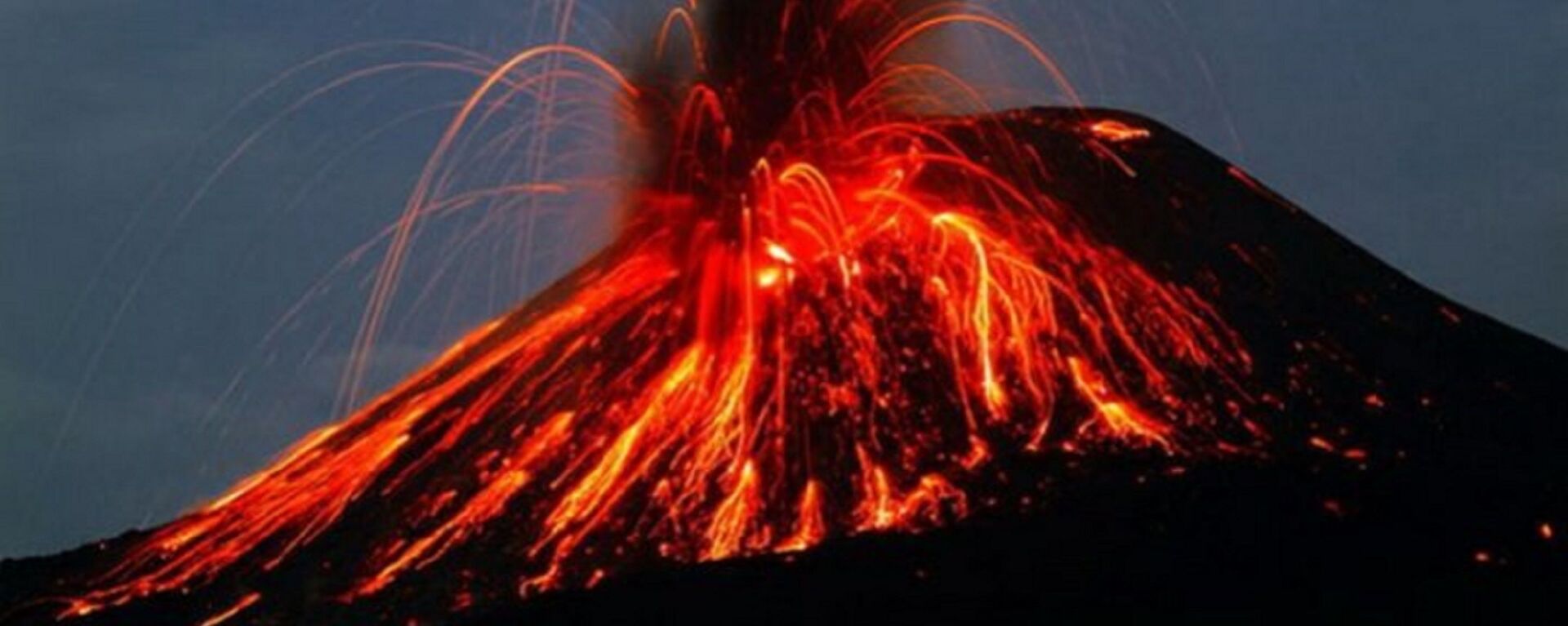https://sputnikglobe.com/20230703/scientists-uncover-likely-cause-of-megalodons-extinction-1111641195.html
Scientists Uncover Likely Cause of Megalodon's Extinction
Scientists Uncover Likely Cause of Megalodon's Extinction
Sputnik International
Simply put, the high food intake necessitated by megalodon’s metabolism made these gigantic apex predators vulnerable to changes in populations of the prey large enough to sustain them.
2023-07-03T14:34+0000
2023-07-03T14:34+0000
2023-07-03T14:34+0000
beyond politics
shark
species
extinction
study
https://cdn1.img.sputnikglobe.com/img/07e7/06/10/1111233182_22:0:778:425_1920x0_80_0_0_8b94b3d05a1ab8facc169fa79ba8ad72.jpg
Researchers have suggested that megalodon sharks had a higher body temperature than other sharks, which might explain their extinction. The findings come in a study published last week in the Proceedings of the National Academy of Sciences journal and are based on an analysis of fossilized remains of megalodon teeth.The researchers thus postulate that megalodon, with its considerable size and regional endothermy, not to mention the shark’s “top trophic-level diet,” likely had to face “high bioenergetic demands.”Therefore, this “precarious energetic balance,” as the team puts it, likely became imperiled “when productive coastal shelf habitats diminished and there were accompanying shifts in prey landscapes due to Pliocene sea-level changes.”Simply put, the high food intake necessitated by megalodon’s metabolism made these gigantic apex predators vulnerable to changes in populations of the prey large enough to sustain them – caused, for example, by climate change - which likely contributed to these sharks’ eventual extinction about 3.6 million years ago.The team also postulated that their findings help showcase how “marine apex predators such as O. megalodon were not immune to the effects of climate change, highlighting the need for conservation efforts to protect modern shark species, including the great white shark.”
https://sputnikglobe.com/20230409/apocalyptic-combo-science-finds-evidence-of-dual-mass-extinction-prior-to-dinosaur-die-off-1109294212.html
Sputnik International
feedback@sputniknews.com
+74956456601
MIA „Rossiya Segodnya“
2023
News
en_EN
Sputnik International
feedback@sputniknews.com
+74956456601
MIA „Rossiya Segodnya“
Sputnik International
feedback@sputniknews.com
+74956456601
MIA „Rossiya Segodnya“
megalodon extinction, megalodon extinction cause
megalodon extinction, megalodon extinction cause
Scientists Uncover Likely Cause of Megalodon's Extinction
A group of scientists has brought forth a hypothesis that might explain why Otodus megalodon, a massive shark species commonly known as megalodon, that thrived in Earth’s oceans millions of years ago, went extinct.
Researchers have suggested that megalodon sharks had a higher body temperature than other sharks, which might explain their extinction.
The findings come in a study published last week in the Proceedings of the National Academy of Sciences journal and are based on an analysis of fossilized remains of megalodon teeth.
“We found that O. megalodon had body temperatures significantly elevated compared to other sharks, consistent with it having a degree of internal heat production as modern warm-blooded (endothermic) animals do,” Robert Eagle, professor of marine science and geobiology at UCLA and one of the authors of the study, told a US media outlet in an email.
The researchers thus postulate that megalodon, with its considerable size and regional endothermy, not to mention the shark’s “top trophic-level diet,” likely had to face “high bioenergetic demands.”
Therefore, this “precarious energetic balance,” as the team puts it, likely became imperiled “when productive coastal shelf habitats diminished and there were accompanying shifts in prey landscapes due to Pliocene sea-level changes.”
Simply put, the high food intake necessitated by megalodon’s metabolism made these gigantic apex predators vulnerable to changes in populations of the prey large enough to sustain them – caused, for example, by climate change - which likely contributed to these sharks’ eventual extinction about 3.6 million years ago.
The team also postulated that their findings help showcase how “marine apex predators such as O. megalodon were not immune to the effects of climate change, highlighting the need for conservation efforts to protect modern shark species, including the great white shark.”



